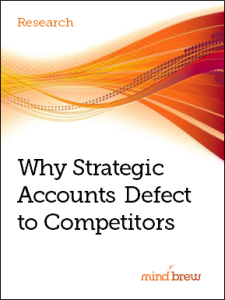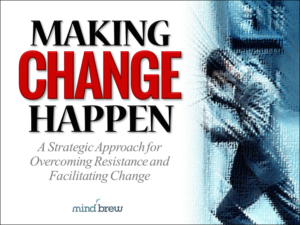About every other week, I see another story along the lines of, “Traditional marketing is dead!” And because it’s my job…and I’m always curious…I’m compelled to read what the authors of these marketing obituaries have to say.
But I always end-up chuckling a bit…
Inevitably, what the authors refer to as “traditional marketing” isn’t really traditional at all. In fact, the unaccountable, communication-based definition of marketing they’re so often eulogizing is a relatively recent development.
You see, I’ve been a marketer long enough to remember when marketing was a much more holistic business practice.
In addition to communication, marketers used to concern themselves with things like product offerings, sales channels, and pricing structures. Imagine that! Traditionally, marketing leaders were more like chefs, ensuring that all of the key ingredients were coming together in just the right ways to drive profitable growth and business success. And yes, they were even accountable for financial results.
Then, things changed in a big way…
As we discuss in Navigating the B2B Marketing Minefields, in the interest of efficiency, the various components of effective marketing were separated into the specialized silos and departments that are so pervasive today. So from my perspective, it would be more accurate to say that traditional marketing actually died many decades ago, when it was redefined and stripped down to be focused solely on communication.
But wait…I hear a faint heartbeat! Get the paddles…stat!
Today, more and more companies are realizing that while specialized silos might be efficient, they aren’t very effective. These companies are discovering that with no one coordinating the various ingredients, the dish being served into the marketplace is all-too-often just a hodgepodge of poorly defined products, sub-optimal price-points, and haphazard sales execution, all wrapped in irrelevant and undifferentiated messages.
As this is hardly a recipe for success in today’s hyper-competitive and global business environment, companies are now pushing for much more collaboration and coordination between the various silos. And recognizing these trends, leading B2B marketers are once again concerning themselves with far more than just communication.
Traditional marketing has definitely had a near-death experience. But as so often happens in business, it looks like things are beginning to come full circle. The question is…are you ready?







